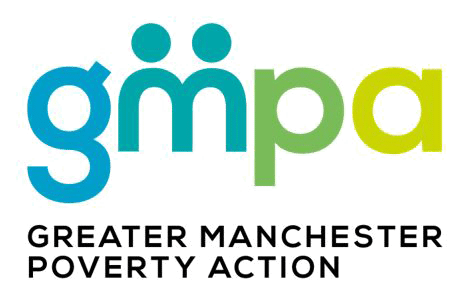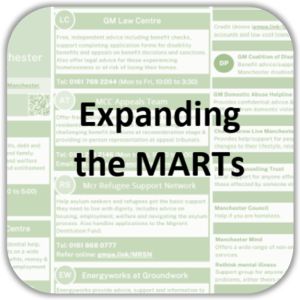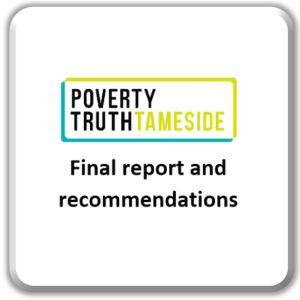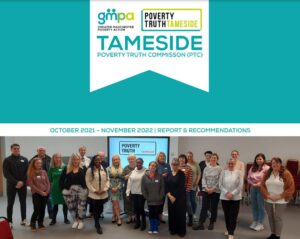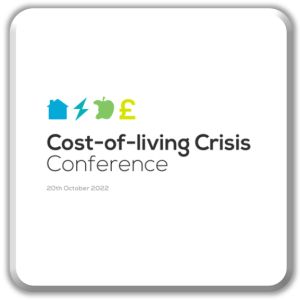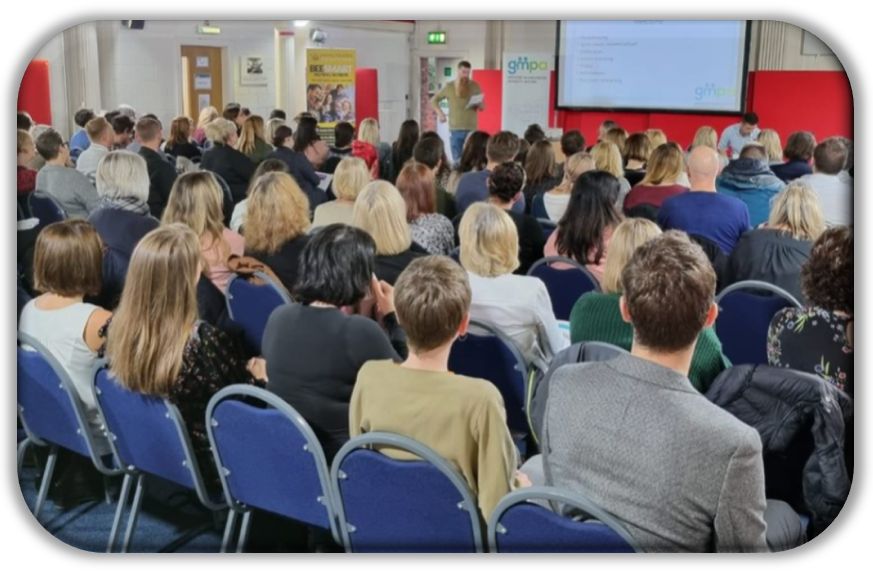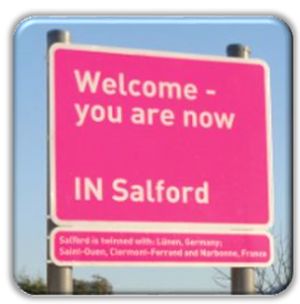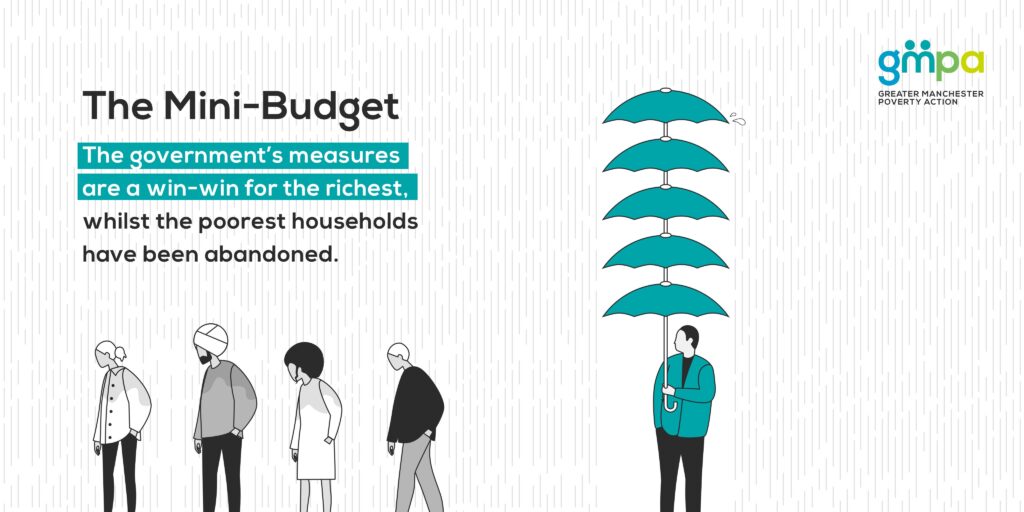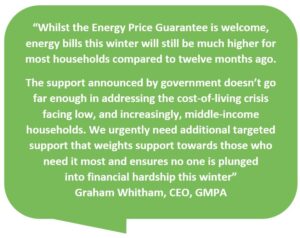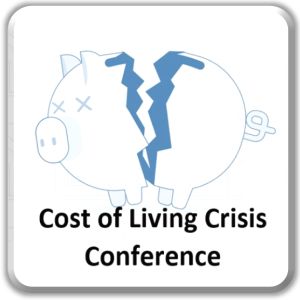By Jon Sands, Programme Officer
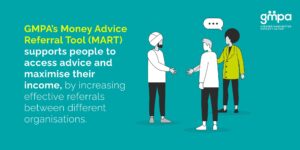 Poverty can be split up by category, for example food poverty or fuel poverty, but the underlying cause is always a lack of money. While direct emergency assistance, such as a food bank parcel is often essential, it is not a long-term solution to a person’s financial difficulties. The aim of the Money Advice Referral Tools (MARTs) is to help identify appropriate, expert organisations to refer people struggling financially to, in order to maximise their income and reduce their need for emergency assistance in the future.
Poverty can be split up by category, for example food poverty or fuel poverty, but the underlying cause is always a lack of money. While direct emergency assistance, such as a food bank parcel is often essential, it is not a long-term solution to a person’s financial difficulties. The aim of the Money Advice Referral Tools (MARTs) is to help identify appropriate, expert organisations to refer people struggling financially to, in order to maximise their income and reduce their need for emergency assistance in the future.
The MARTs are designed to guide you through a conversation with a person about their financial difficulties. They funnel down the options at each stage of the conversation, leaving you with simpler choices to make referrals to the most appropriate organisations for the person’s particular circumstances. The MART can help with making referrals to maximise income, better manage debts or address issues that may have caused or compounded financial difficulties, such as mental health, without you needing to be an expert in these areas.
There have been MARTs successfully running in Tameside and Oldham for more than a year, being used by various organisations and professionals who engage with people living in poverty. This includes the Oldham Doorstep Engagement Team, who described the MART as their “go-to-toolkit” and “best practice”.
At GMPA we have been working in recent months with partners in other localities – Bury, Manchester, Trafford and Wigan – to develop new MARTs and expand the impact of these in Greater Manchester. Each of them has been developed with feedback from local partners, as well as meaningful engagement with people with lived experience of poverty. Stockport Council have also developed a Stockport Money Advice Referral Tool, using the GMPA model.
The MART section of the GMPA website contains each of the six current MARTs, with paper versions of these also available in localities. The web page also has a short introductory video and user guide to assist with maximising the potential of the MARTs. In the first few weeks of the new MARTs being launched, they were downloaded more than 100 times and we are regularly hearing about their use in communities.
GMPA is encouraging users of the MARTs to monitor their effectiveness and impact by tracking how they use the Tools. This involves two small actions when you use the MART to make a referral:
• Let the organisation you are referring the person to know that you have used the MART
• Complete a short monitoring form on the MART web page which takes around 30 seconds to complete.
MARTs may be suitable for use by any organisation or professional that engages with people struggling financially but does not have the expertise to give assistance on maximising income themselves. GMPA has been directly contacting a range of organisations to make them aware of the MARTs, including food banks and referrers into food banks, housing associations, school pastoral staff and health service organisations, and will continue to do so.
We would like to thank the Trussell Trust for their continued support in making it possible to expand the reach and impact of the Money Advice Referral Tools. There are other examples of initiatives similar to the MART across the UK. These include ‘A Menu for Change’ in Scotland and the ‘Worrying About Money?’ leaflets initiated by the Independent Food Aid Network (IFAN).
For more information about the Money Advice Referral Tool, please contact our Programme Officer Jon Sands.
